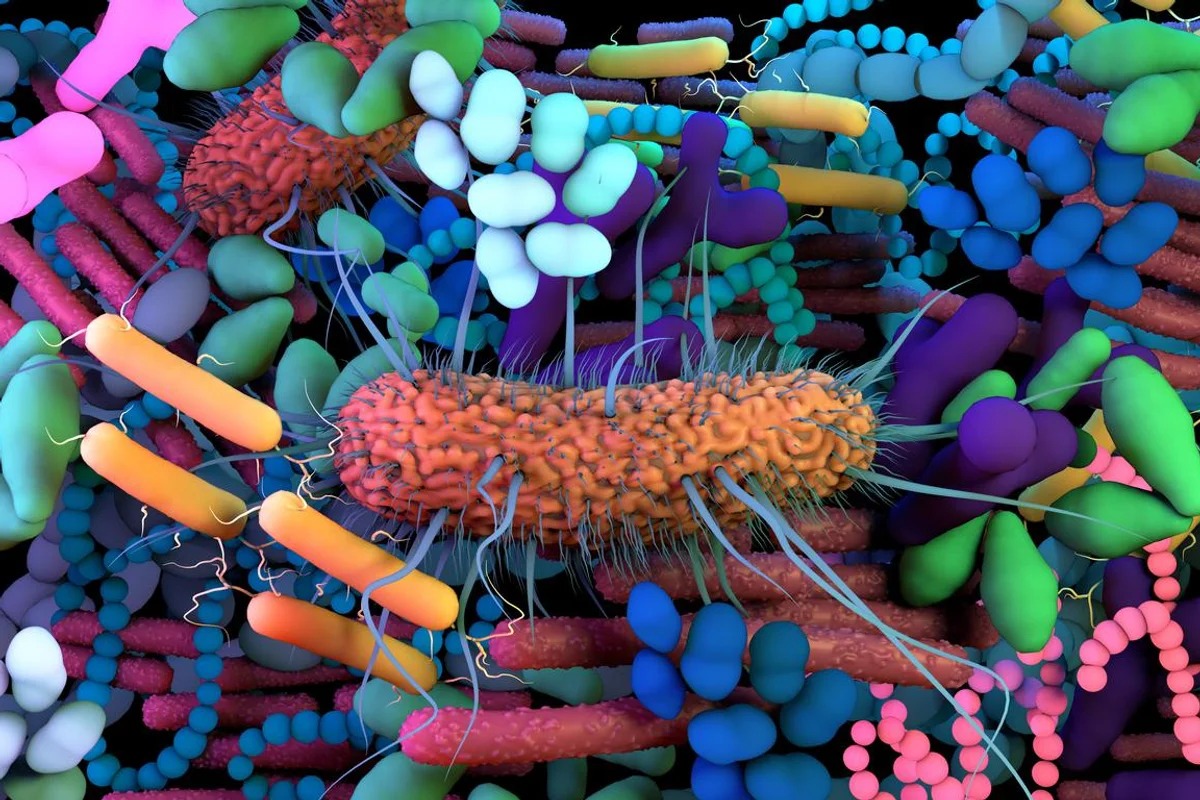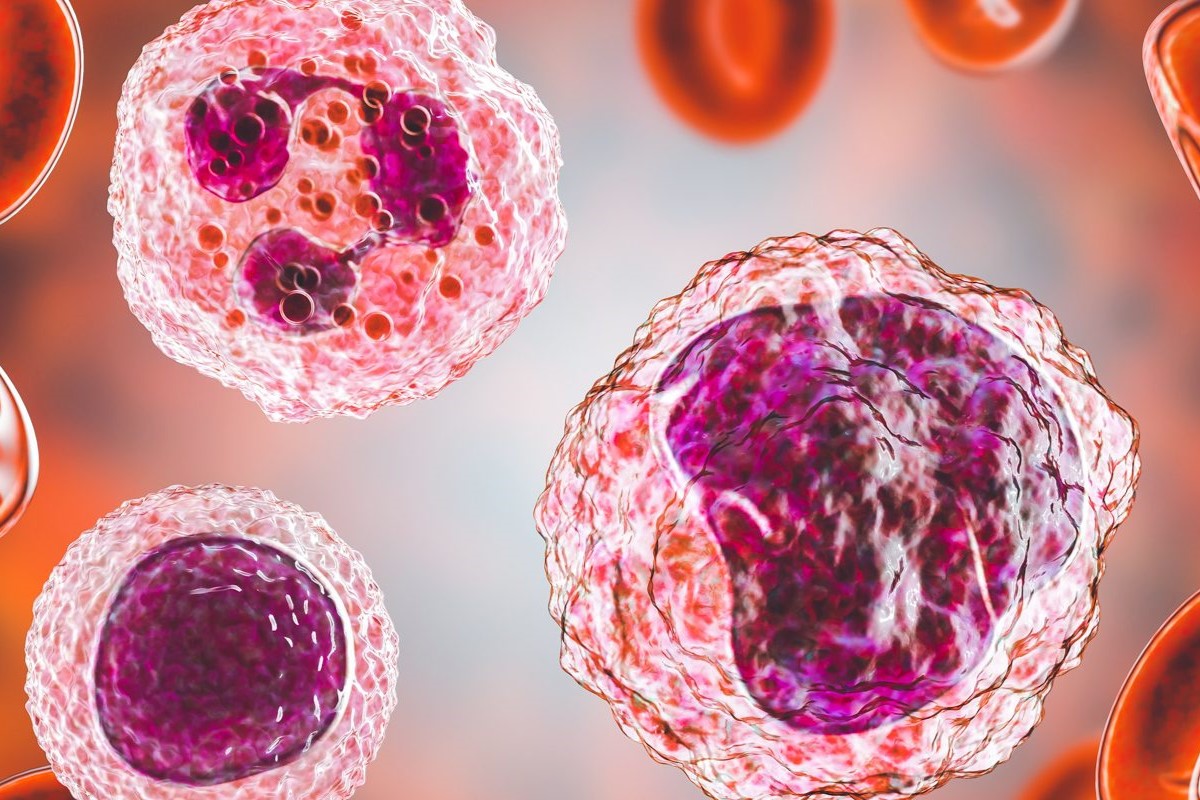
What is the microbiome? It's a bustling community of trillions of microorganisms living inside your body, mainly in your gut. These tiny residents play a huge role in your health. They help digest food, produce vitamins, and even fight off harmful bacteria. Imagine them as a microscopic army working tirelessly to keep you healthy. But that's not all. Your microbiome can influence your mood, weight, and immune system. Scientists are still uncovering new ways these microbes affect us. Ready to learn more? Let's dive into 27 fascinating facts about the microbiome that will blow your mind!
What is the Microbiome?
The microbiome refers to the collection of all microorganisms living in a particular environment, like the human body. These tiny organisms play a huge role in our health and well-being.
- The human microbiome consists of trillions of microorganisms, including bacteria, viruses, fungi, and protozoa.
- The gut microbiome alone contains over 1,000 different species of bacteria.
- Microbiomes are found not just in the gut but also on the skin, in the mouth, and other body parts.
Importance of the Gut Microbiome
The gut microbiome is particularly important for digestion and overall health. It helps break down food, absorb nutrients, and protect against harmful bacteria.
- The gut microbiome produces vitamins like B12, K, and folate.
- It helps in the digestion of complex carbohydrates and fibers.
- A healthy gut microbiome can prevent infections by outcompeting harmful bacteria.
Microbiome and Immune System
A well-balanced microbiome is crucial for a strong immune system. It helps the body recognize and fight off harmful invaders.
- The gut microbiome trains the immune system to distinguish between harmful and harmless substances.
- It produces antimicrobial compounds that kill or inhibit harmful bacteria.
- An imbalanced microbiome can lead to autoimmune diseases where the immune system attacks the body.
Microbiome and Mental Health
The gut-brain axis is a two-way communication system between the gut and the brain. The microbiome plays a significant role in this interaction.
- Certain gut bacteria produce neurotransmitters like serotonin and dopamine.
- An unhealthy gut microbiome is linked to mental health issues like depression and anxiety.
- Probiotics can improve mood and cognitive function by balancing the gut microbiome.
Factors Affecting the Microbiome
Several factors can influence the composition and health of the microbiome. Diet, lifestyle, and even medications can have a significant impact.
- Antibiotics can kill beneficial bacteria, leading to an imbalanced microbiome.
- A diet high in fiber supports a healthy gut microbiome.
- Stress and lack of sleep can negatively affect the microbiome.
Microbiome and Chronic Diseases
An imbalanced microbiome is linked to various chronic diseases. Understanding this connection can help in developing new treatments.
- An unhealthy gut microbiome is associated with obesity and type 2 diabetes.
- It is also linked to inflammatory bowel diseases like Crohn's disease and ulcerative colitis.
- Research suggests a connection between the microbiome and cardiovascular diseases.
Microbiome and Skin Health
The skin microbiome protects against pathogens and helps maintain skin health. It is influenced by various factors, including hygiene and skincare products.
- The skin microbiome can prevent infections by outcompeting harmful bacteria.
- An imbalanced skin microbiome can lead to conditions like acne and eczema.
- Probiotics in skincare products can help balance the skin microbiome.
Microbiome Research and Future Prospects
Ongoing research aims to understand the microbiome better and develop new treatments for various diseases. The future looks promising with potential breakthroughs on the horizon.
- Fecal microbiota transplants (FMT) are being studied as a treatment for Clostridium difficile infections.
- Personalized probiotics are being developed to target specific health issues.
- Microbiome research is exploring its role in cancer treatment and prevention.
Fun Facts about the Microbiome
The microbiome is not just about health; it has some fascinating aspects that make it a subject of endless curiosity.
- The human body has more microbial cells than human cells.
- The microbiome can influence food cravings and eating behaviors.
- Each person's microbiome is unique, like a fingerprint.
The Power of Microbiomes
Microbiomes play a huge role in our health, from digestion to mental well-being. These tiny organisms help break down food, fight off harmful bacteria, and even influence our mood. Eating a balanced diet rich in fiber, fruits, and vegetables can support a healthy microbiome. Probiotics and prebiotics also contribute to maintaining this delicate balance.
Stress, poor diet, and antibiotics can disrupt microbiomes, leading to health issues. Staying mindful of these factors can help keep your microbiome thriving.
Understanding microbiomes can lead to better health choices and improved well-being. So, next time you think about your health, remember the tiny helpers inside you. They might be small, but their impact is enormous.
Was this page helpful?
Our commitment to delivering trustworthy and engaging content is at the heart of what we do. Each fact on our site is contributed by real users like you, bringing a wealth of diverse insights and information. To ensure the highest standards of accuracy and reliability, our dedicated editors meticulously review each submission. This process guarantees that the facts we share are not only fascinating but also credible. Trust in our commitment to quality and authenticity as you explore and learn with us.


